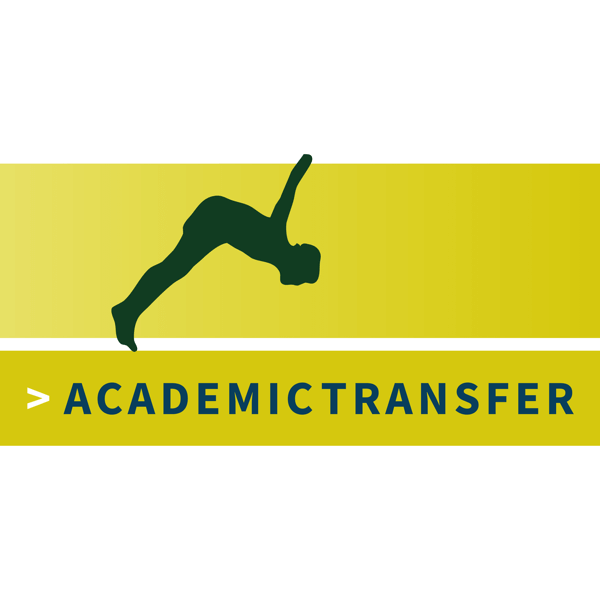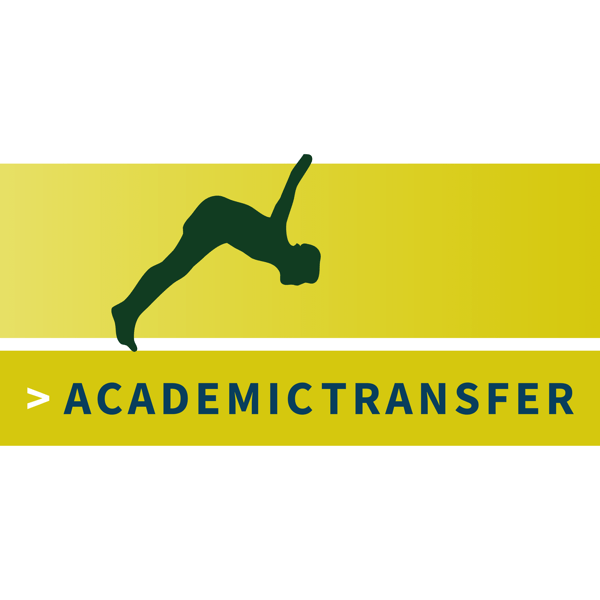
PhD Talk for AcademicTransfer: How to learn new Skills as a Researcher
This post is part of the series PhD Talk for AcademicTransfer: posts written for the Dutch academic career network AcademicTransfer, your go-to resource for all research positions in the Netherlands.
These posts are sponsored by AcademicTransfer, and tailored to those of you interested in pursuing a research position in the Netherlands.
If these posts raise your interest in working as a researcher in the Netherlands, even better – and feel free to fire away any questions you might have on this topic!
As a researcher, you will find many times that you need to learn new skills. You may need to learn a new programming language during your PhD, a new experimental technique during your postdoc years, or perhaps a new analysis technique when you are already a full professor.
Last year, I embarked on research in topics that are far away from my regular research on concrete structures. I led the international project on the impact of COVID-19 on academic parents, and I carried out research on the doctoral defense. To be able to carry out these research projects, I had to learn a whole new set of skills: from applying for IRB approval (or better: exemption), designing surveys, statistical analysis (and how to program this type of analysis in Matlab), qualitative methods, and more. It was terrifying and uncomfortable at times, but at the end of this wild ride, I can say that I learned a lot.
So, if you find yourself needing to learn new skills, what should you do? In the following list, I have compiled my best tips based on my learning processes over the years:
- Figure out how you learn best: The first thing you need to know when you learn a new skill, is how you learn best. Once you know how you learn best, you can look for the tools you need to learn your new skill. For example, if you learn best by reading a book and working your way through examples, then you will need to find a good textbook on the skill you are trying to learn. On the other hand, if you do well with regular class instruction, then you can look for a course to join – online or offline.
- Apply the skill: The best way to learn a skill is to have a driving motivation to apply your new skill. If you need to learn a new programming language for your project, then perhaps you only need some basic introductory information to learn the basic concepts of the language. Then, you can start to apply the programming language in your project, and learn the commands you really need instead of learning all possible commands that you will never apply.
- Read as much as you can: If you are dipping your toes in a new field, then you need to catch up with the literature. Read as much as you can: about the field itself, as well as about the methods used in the field. If you are looking for the application of a new method in your field, then read as much as you can about the method, as well as about its applications to other fields.
- Ask for help: If you are learning a new skill, and you know that the more senior members of your research group all have this skill, then don’t be afraid to ask for help. Make sure you know what type of help you need – don’t just ask them to go ahead and teach you a new programming language. Instead, work on the new skill on your own first, to get an idea of the parts you struggle with. Then, ask questions related to the parts you need help with, so that you can learn from your colleagues.
- Collaborate: If you are embarking on a new project in a different field, then know that you are not alone. Look for collaborators with compatible experience, so that you can work together and learn from each other. Similarly, if you want to apply an experimental technique but the tools are not available in your lab, then you may have an excellent opportunity to collaborate with a colleague from a lab that is skilled in this technique.
- Learn together with someone else: If you and another researcher are going to learn a new skill, then you can agree to learn together. You can organize sessions in which you work shoulder to shoulder, have meetings to discuss what you have learned so far and ask questions, share relevant resources, and know that you have someone who is in it together with you.
- Teach someone else: The best way to learn a new skill or topic is through teaching it. If you are learning a new skill in the lab and will have assistance from a student in your experiments, then perhaps you can check how well you’ve learned your new skill by teaching your student the skill.
These tips helped me in the past whenever I learned a new skill for my research. How do you learn new skills? Let me know in the comments below!



[…] First and foremost, we have to keep an eye on overwork in academia. At the same time, when you get the chance to build up additional skills, I think a direct rejection of the opportunity may not be in your benefit. So, if you get the […]